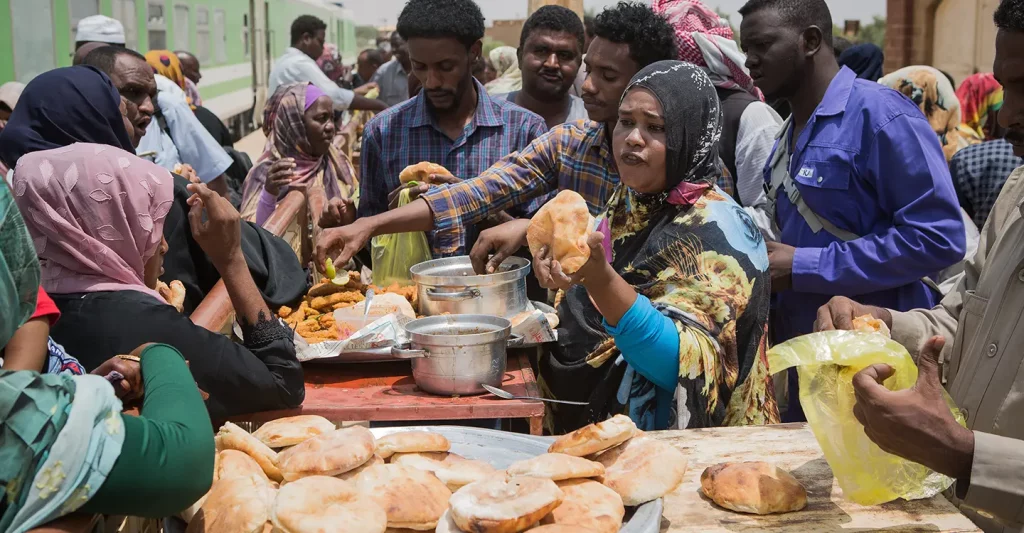Writer: Medani Abbas Medani

This study starts from the premise that Zakat can be an effective tool in financing and implementing social protection programs, as well as social protection institutions in Sudan, if properly managed. As such, the paper traces the historical development of the Zakat system in Sudan and the impact of the ruling regimes on Zakat’s roles in the social protection system. The study also examines the impact of the Bashir regime (1989-2019) on the Zakat system from the perspective of economic and political empowerment, and the extent of the regime’s impact on Zakat’s ability to strengthen social protection networks in Sudan. The nature of the political system plays a role in determining the frameworks of the Zakat system: the Zakat Chamber law authorizes it to disburse Zakat under the discretionary authority of the ruler as the original authority. In other words, the ruler’s discretion affects the distribution of Zakat resources to projects.
To read the full article: click here
Disclaimer: Except for articles published on Blog Tadamon and the content of the resource pages, all materials on this website, including their respective photographs, are indexed from their original sources. All rights remain with the respective copyright holders.

Comments are closed, but trackbacks and pingbacks are open.